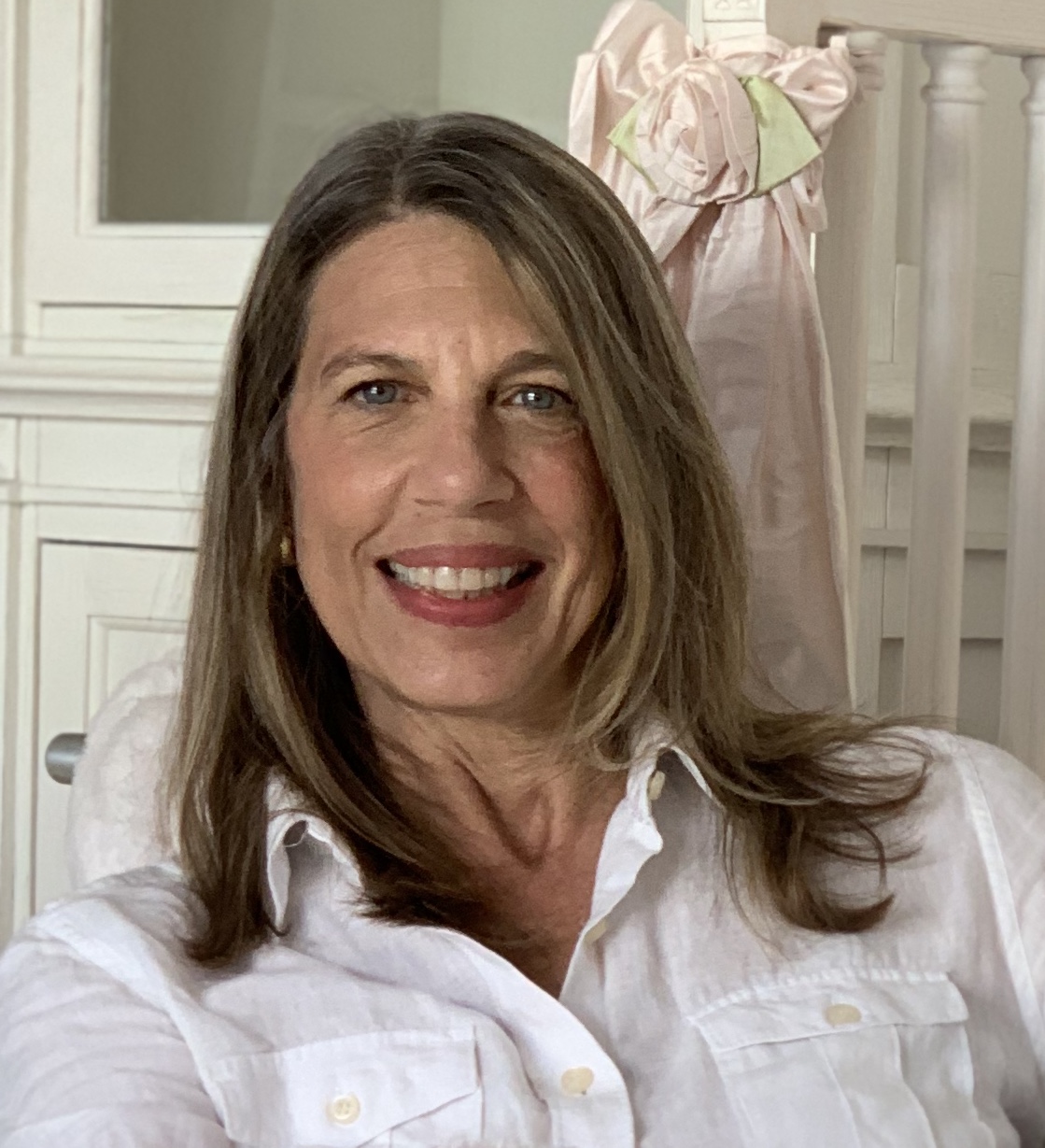The time is more than right, right now, for us to define, examine and put into play a new type of intelligence that I call a Tenderness IQ — TQ for short. TQ, for me, is a combination of emotional intelligence and moral character. Specifically, TQ is about caring and being cared for, tending and being tended, and moving with ease and fluidity between the two roles. We learn this emotional capacity in our earliest life from our kindly caregivers when we, as infants, were too “tender” to do much of anything other than absorb, receive, and bask in the care provided to us.
Once our model for TQ has been established, laid down, and we are older — and stronger — through imitation we learn that caring and tending to others feels good. This usually starts with our teddy, bunny, or blankie. From there our ability to care expands outward, and if we are lucky we never lose the capacity to receive. This, even in the face of society telling us to “toughen up,” “do it yourself,” and that “it’s better to give than to receive.”
Morality develops from the same seeds of tenderness that are planted in us from this early nurture. As our minds, hearts and bodies react to and “fill up” with tenderness, a kernel of goodness sprouts in us. This source from our earliest life is what we depend upon for guidance and direction. It is our north star as we mature and are faced with making decisions about what’s right and what’s wrong. From those tiny seeds of tenderness a moral compass blossoms in us like a beautiful flower, and remains with us through our lives.
Unfortunately, we are living in a time when many people can’t connect to that source of tenderness that could and should be their moral compass. That’s not because it’s missing inside them, but rather due to the fact that many of us are in a perpetual fog much of the time, operating with too much density and opacity, not enough lucidity.
When we focus on and allow ourselves to be influenced by worldly negativities and seductions, pressures and concerns, news cycles and the fears they induce, we can be prone to poor judgment and risk disconnecting from our inner compass for dignity of character and benevolent attitude. In short, we lose our way. We risk losing ourselves. Consider the element of viciousness that’s appeared amongst us on social media, T.V., public life, that’s slowly and insidiously eroding our humanity. Instead of a beautiful flower garden, we are a society of weeds, brambles, and strangled flowers, struggling to survive the pestilence of neglect. Dare I say — we have never been more in need of cultivating a tenderness consciousness or TQ!
What exactly is tenderness? I think of it as a positive vibration, an energy of goodness, clarity and grace. It holds within it, in its acts and its essence, the power to enchant, to elevate, to dramatically improve the dynamics between people, places and things. The power? Yes. It might surprise you to hear me use the word “power” to describe an emotion like tenderness that is soft, delicate, refined. Let me explain…
Some years ago I encountered a fascinating book, Power vs. Force: The Hidden Determinants of Human Behavior (2002), by psychiatrist and philosopher Dr. David R. Hawkins. He set out to study and test the evolution of human consciousness and human endeavors using a scale of 0 to1000. His calibration technique determined that 85% of the human race was scoring below 200, the level of courage. Everything under this level is characterized by force and everything above it is power. His research suggests that 15% of people have cultivated a more evolved consciousness and through their power they are helping the whole of human society move up the ladder. This hopeful news implies that we are all capable of joining an upward movement of power but we need to work at it and fight against the downward pull of force. Hawkins writes:
Power appeals to that part of human nature that we call noble — in contrast to force, which appeals to that which we call crass. Force always moves against something, whereas power doesn’t move against anything at all. Force is incomplete and therefore has to be fed energy constantly. Power is total and complete and requires nothing from outside… Because force has an insatiable appetite, it constantly consumes. Power, in contrast, energizes, gives forth, supplies, and supports. Power gives life and energy — force takes these away.
Power sources don’t need proof. They are self-evident and essential for life to have meaning. It’s inarguable that health is preferable to illness, a calm, welcoming tender-hearted personality is preferable to one of defensiveness and agitation. Tenderness is a high frequency human attitude and behavior, what Hawkins calls a positive pattern that functions as a powerful attractor field. When exchanges of tenderness occur, whether between people, with a pet, an experience with the natural world or with your own breath in meditation, the positive feelings aroused will spread and expand, go viral in a good way! When we nourish ourselves consciously with such moments we calm our nervous system and become more confident and hopeful. People with high TQ understand the need for this constant replenishment.
Hawkins believes that a single individual or endeavor of exemplary character has the ability to lift up multitudes of others who resonate at lower frequencies. He cites India’s Ghandi, America’s founding documents, and Lincoln’s Gettysburg Address as examples of high vibratory power. And we all know that there are millions of ordinary folks of impeccable character resisting force and teaching others by way of good example in their work and day-to-day lives. (Hawkins’ Map of Consciousness is pasted below the article.)
How can we do better?
I learned years ago in psychology that smaller cumulative trauma carries as much or more of a punch than a sudden traumatic event on a person. Similarly, cumulative tendernesses can really raise the frequency. We all know what it feels like to not be treated tenderly — to be hurt, neglected, left out — so we surely know when we ourselves are being unkind, negligent or dismissive of another (and, I might add, to our own person at times).
Let’s turn to the philosopher of virtue, Confucius, for some practical emotional guidance. The great sage gave us a simple and wise Golden Rule to follow to help us evolve our consciousness. A disciple asked Confucius if there was one word which might serve as a practical guide for life, and Confucius replied: “Will “reciprocity” do? What you do not want done to yourself, do not hand out to others.” Turned in the negative from the New Testament version, shu asks you to first reflect on your own experiences before acting, then refrain from doing to others what has felt harmful to you. There’s no implied divinity that will judge and banish you from an afterlife, simply instruction to behave with consideration to yourself and to others. It asks you to draw upon the wellspring of tenderness inside you, that place of beneficent mutual exchange, of interpersonal caring and respect, that is rooted in your human heart for the benefit of other human hearts and society as a whole.
We all have a golden opportunity to become more sage-like when we give up weak attractor patterns and choose powerful ones like tenderness. Innate intelligence and moral compass always need to be stimulated and strengthened or else dullness and stagnation will take hold. For this reason tenderness is a dynamic practice, not a state of being. Know that whatever lifts you and increases your power is the most important work any of us can do as human beings. With discipline, you can make yourself and the world just a bit more aglow. This is the essence of the tenderness way of life and why we need TQ to survive and thrive, both individually and as a species.


